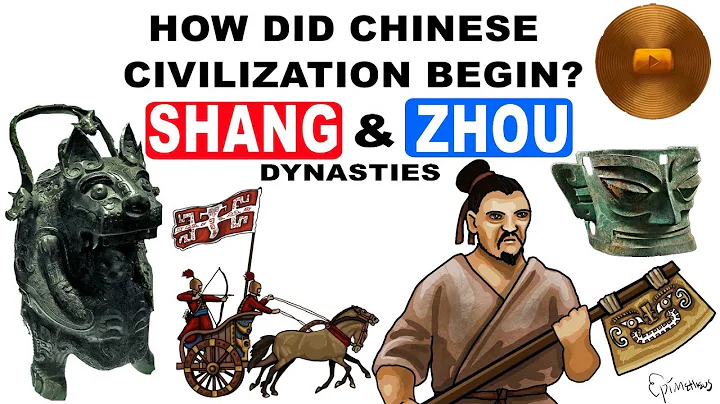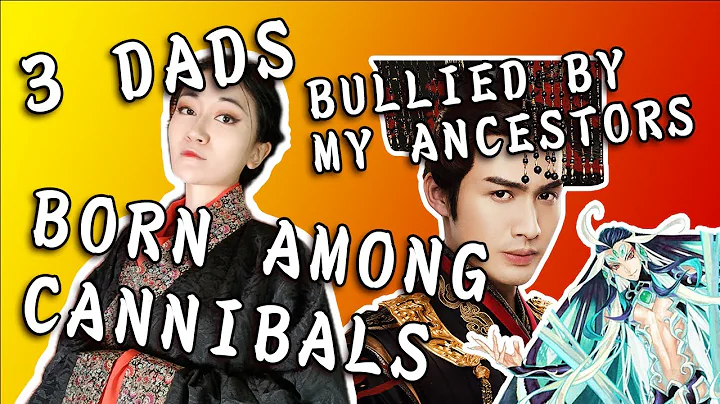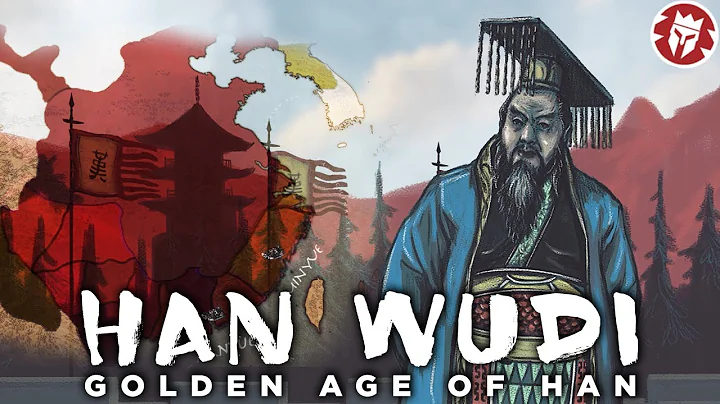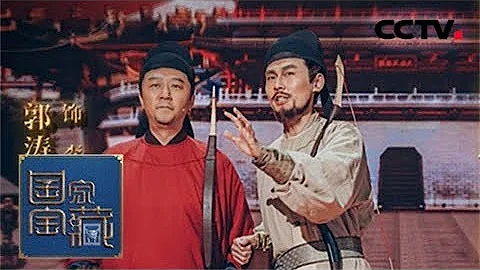Friends who have read the history of the Sixteen Kingdoms of the Eastern Jin Dynasty should be able to find that the regimes of the Sixteen Kingdoms often have a title - "Heavenly King", such as the King of Zhao ( Shi Le , Shi Hu ), the King of Qin ( Fu Jian ), King Wu Dao ( Ran Min ), King of Great Liang ( Lu Guang ), King of Great Xia (Helian Bobo) and so on. So what is the title of the "Heavenly King" that often appeared during the Sixteen Kingdoms period of the Eastern Jin Dynasty?

Ethnic minorities represented by Xiongnu , Xianbei , Jie, Di and Qiang began to move to the Central Plains from the late Eastern Han Dynasty. The Western Jin was the peak period of the "Five Barbarians entering China". The " Wuhu " did not rebel in the early days of their entry into China. Instead, they became common people with registered residence in the Western Jin Dynasty and a working population controlled by aristocratic families. Most of the leaders or nobles of the "Five Hus" were awarded official titles by the Western Jin Dynasty, and a few of them even interacted with noble families.

It was not until the rule of the Western Jin Dynasty collapsed due to the " Eight Kings Rebellion" that the "Five Barbarians Entered China" evolved into the " Five Barbarians Rebellion of China". Many ethnic minorities rebelled and established political power as the "Five Hus and Sixteen Kingdoms". Since the "Five Hus" were all under the direct rule of the Western Jin Dynasty or received official titles from the Western Jin Dynasty, the legitimacy of many political powers in the Sixteen Kingdoms can be traced back to the canonization of the Western Jin Dynasty, and the "Five Hus" had to regard the Western Jin Dynasty as their orthodoxy.

In addition, the number of the "Five Hus" was not enough to rule the Central Plains. To maintain their rule, they had to cooperate with the local Han scholars. Most of the Han scholars in the north regard the Western Jin Dynasty as their orthodoxy. After the fall of the Western Jin Dynasty, they respected and the Eastern Jin . Therefore, even if many Han scholars assisted the emperors of the "Five Hus", their political stance was pro-Jin. For example, Wang Meng once said: " Although Jin is remote from Wu and Yue, it is the inheritance of Zhengshuo.."

Because the Hu and Han Dynasties regarded the Jin Dynasty as the orthodox one and the Eastern Jin Dynasty publicly proclaimed themselves emperor, the monarchs of the sixteen kingdoms did not dare to proclaim themselves emperors easily. The weaker ones among the sixteen kingdoms (West Qin, Nanliang, Qianliang, Northern Liang, Xiliang) were only called "kings" from their establishment to their demise. Han Zhao , Cheng Han , Former Yan , Nan Yan , Xi Yan , Hu Xia, Hou Zhao , Former Qin , Later Qin , Hou Yan were called emperors, but He also hesitated for a long time before proclaiming himself emperor.

In the pre-Qin period, in order to distinguish him from the princes who were kings, people at that time called the emperor of Zhou "the king of heaven" ( called the king of heaven to show that he had no two deities, also ). After the Qin Dynasty unified the world, "Heavenly King" was still an informal nickname for the Son of Heaven (Emperor), but the frequency of use dropped significantly. At the end of the Eastern Han Dynasty, the "Heavenly King" merged with the beliefs of the Hu people, and gradually evolved into an imperial title lower than the emperor but higher than the princes in the hearts of the Hu people.

Because of this, monarchs of the sixteen kingdoms who want to be emperor often call themselves "King of Heaven" first. After all, calling him "Heavenly King" is not calling him emperor. It can appease those who regard the Jin Dynasty as orthodox. But the "Heavenly King" is higher than the princes and kings, and can act like an emperor. Except for Southern Yan, the monarchs of the sixteen kingdoms who were called emperors would first call them "King of Heaven" to make a transition. Houliang and Beiyan were only called "King of Heaven" from their establishment to their demise.








![Chu-Han Rebels vs Imperial Qin [ENG SUB] 刘邦项羽苦战秦军 - DayDayNews](https://i.ytimg.com/vi/n8W7D3CAp3o/hq720.jpg?sqp=-oaymwEcCNAFEJQDSFXyq4qpAw4IARUAAIhCGAFwAcABBg==&rs=AOn4CLCEhYn2GhSDu1BEYRdwg6cYFSQsVQ)



![[ENG SUB] A History of China: 唐代宗教 Religion in the Tang Dynasty 兼容并蓄:唐代的宗教思想 | EP51 | 中国通史 - DayDayNews](https://i.ytimg.com/vi/dVSHOv86XiI/hq720.jpg?sqp=-oaymwEcCNAFEJQDSFXyq4qpAw4IARUAAIhCGAFwAcABBg==&rs=AOn4CLABLVidfgh83c7d28MwDVoDdq4cMA)








